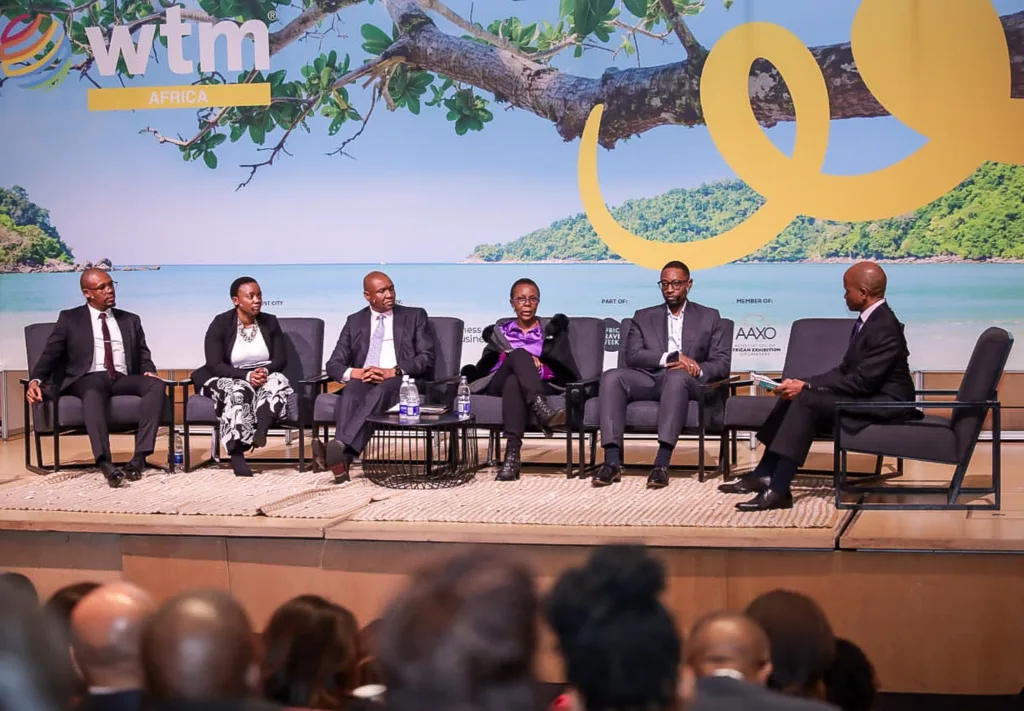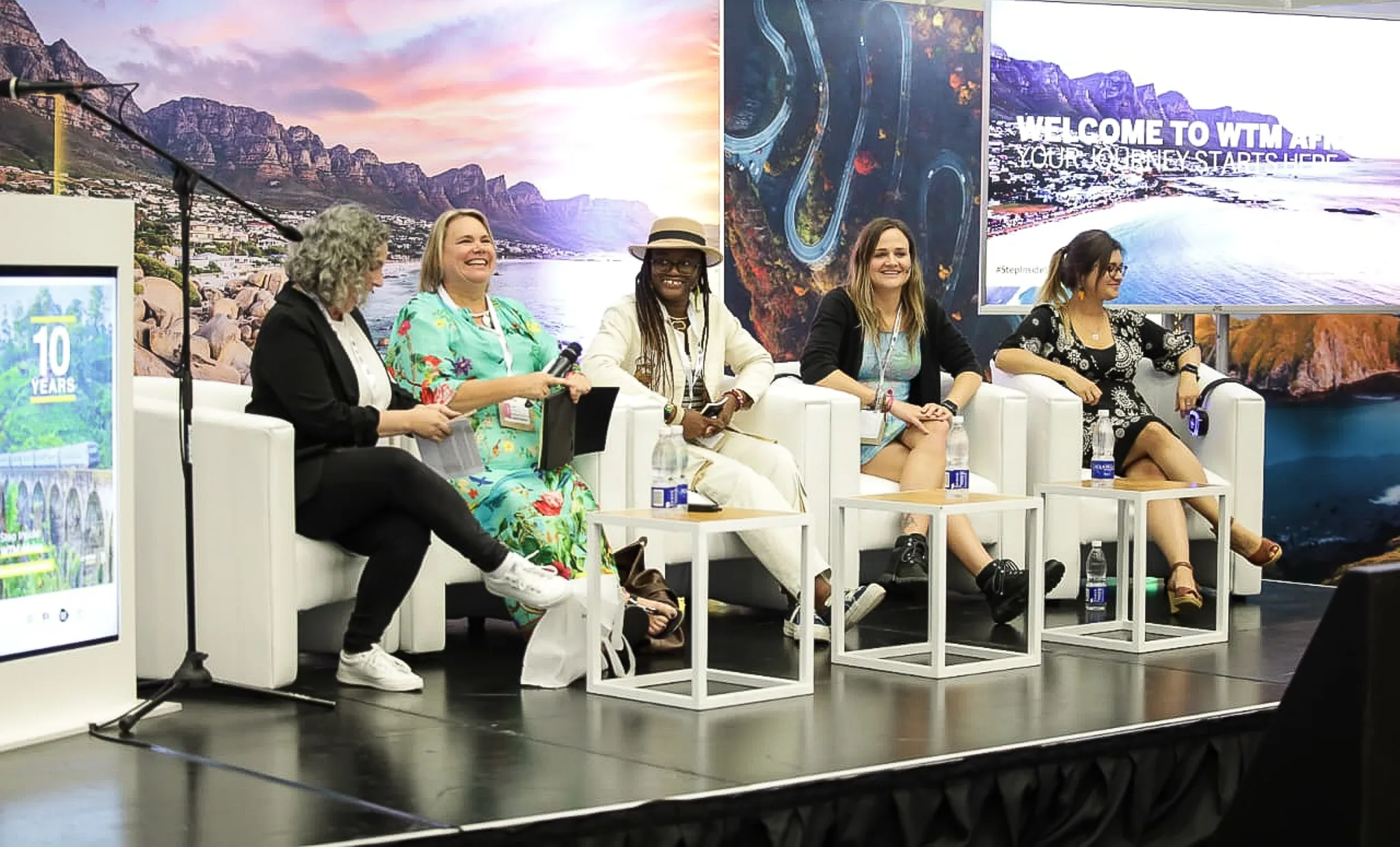The potential of inclusive tourism to boost Africa’s travel industry took centre stage at this year’s Africa Travel Week 2024 during WTM Africa. A diverse panel discussed the economic benefits that travellers with disabilities can bring to the continent. Inclusive travel represents a billion-dollar industry that Africa can tap into. Panelists emphasised the unique spending patterns of this market segment. Travellers with disabilities tend to spend more, travel with companions, and stay longer, making them a lucrative target for the industry.
According to the World Health Organisation (WHO), over 1 billion people worldwide (15% of the global population) live with disabilities. This vast demographic encompasses various visible and invisible conditions, with the need for accessible travel expected to grow as the population ages.
“It’s not just a social imperative, it’s a financial one,” said Tarryn Tomlinson, CEO of LiveAble. “The onus is on property owners to make their facilities as accessible as possible.”

Panelists highlighted the challenges faced by travellers with disabilities, from a lack of information about accessible amenities to physical barriers that limit their travel experiences. “Disability doesn’t mean the same for everyone,” said Lois Strachan, host of the podcast ‘A Different Way of Seeing.’
Jabaar Mohamed, Provincial Director for DeafSA Western Cape, shared specific challenges faced by deaf travellers, such as being offered wheelchairs despite their hearing impairment. “It’s important for hospitality workers to ask travellers about their needs,” he said.
Inspiring success stories and best practices from destinations and businesses embracing inclusive tourism were shared. Briony Brookes, representing the City of Cape Town, highlighted the “Limitless CT” initiative, which includes features like braille QR codes and audio options on the tourism website.

“We want to appeal to all travellers, not only those fully abled,” Brookes stated. “Small changes can make a big difference in showcasing our welcoming and inclusive destination.”
The session concluded with a call to action for the African tourism industry to recognise the opportunities presented by accessible travel and work towards making the continent a more inclusive and welcoming destination for all.








